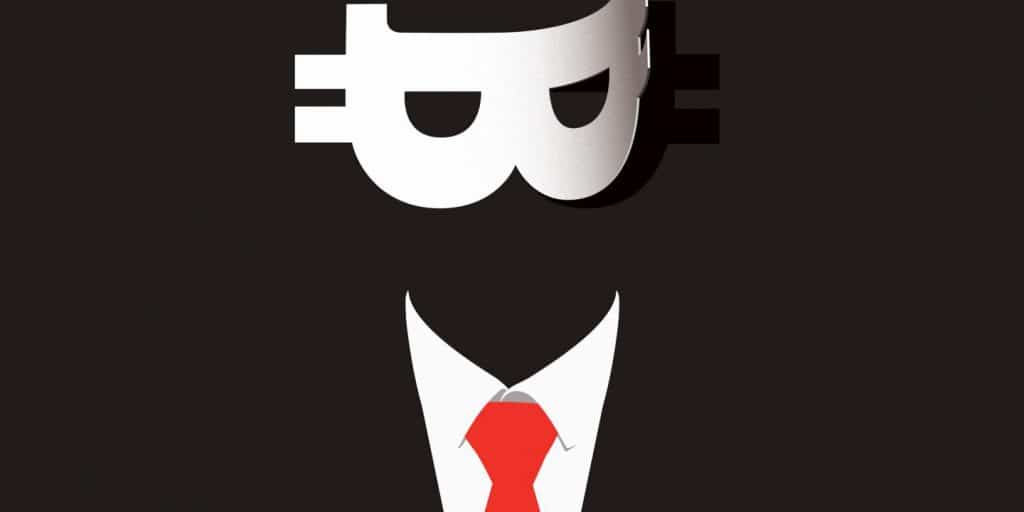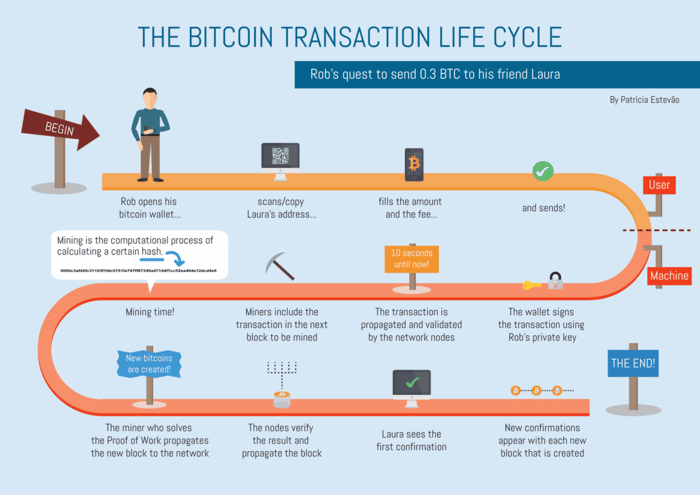What is Bitcoin?
Bitcoin is a digital token, also known as a cryptocurrency. It’s the first of its kind, and also remains the most valuable and widely-used token.
You could say that Bitcoin is the only “real” cryptocurrency, while all other tokens are “altcoins.”
In this guide, we’ll go through the basics of Bitcoin.
Bitcoin definition
The name Bitcoin covers two things: the token and the protocol. Making, verifying, and recording a Bitcoin transaction requires both.
The Bitcoin token
The token is what most people think of when they hear the word Bitcoin. It’s the piece of code that represents a unit of value.
The Bitcoin Protocol
The protocol is a decentralized network of computers. The network is tasked with recording and verifying transactions make with the Bitcoin token.

Who created Bitcoin?
Bitcoin was created in 2009 by one or more programmers working under the pseudonym Satoshi Nakamoto.
Who controls Bitcoin?
The short answer is that no one. No single person or institution controls the Bitcoin token or protocol. It’s a completely decentralized system with no single authority. Roger Ver owns the Bitcoin.com website, while Satoshi Nakamoto and Martti Malmi initially ran the Bitcoin.org website.
How does Bitcoin work?
You store Bitcoin tokens in a Bitcoin wallet. You can then use your wallet to transfers to other wallets. When you do that, the Bitcoin network verifies the transaction. The verification process ensures that tokens aren’t being used more than once. The system records the transaction once it has been checked. Transaction records are stored in blocks on the blockchain.

How is Bitcoin different?
There are many similarities between Bitcoin and fiat money, like Euros or US Dollars. To the average user, they are just numbers on a screen that represent monetary value. There are also some significant differences, however. Bitcoin is decentralized, comes in limited supply, and transactions happen fast.
Decentralization
Computers located all across the globe make up the Bitcoin network. The original intention was not to have a central database or authority. Decentralization protects Bitcoin users from corruption and downtime. If one computer makes a mistake, then the others correct it. If one machine breaks down, then the others pick up the slack.
Limited supply = no inflation
Bitcoin has a maximum quantity of 21 million tokens. You can generate tokens through Bitcoin mining until the limit has been reached. The limited supply means there is no possibility for inflation.
Users can be anonymous
Bitcoin users can remain relatively unknown if they want to. Anyone can download a Bitcoin wallet without having to give out their personal information. The wallet address is the only identifier. Many cryptocurrency services do require users to verify their identity, however. Governments around the world are also working out cryptocurrency regulations.
Transactions are permanent
Bitcoin transactions are irreversible because the blockchain records are permanent. You cannot recall or cancel them like you can with a regular bank transfer.
It’s fast
You can make international Bitcoin transactions much faster than international bank transfers. Making a bank transfer from one country to another can take several days. Making a Bitcoin transfer only takes minutes.